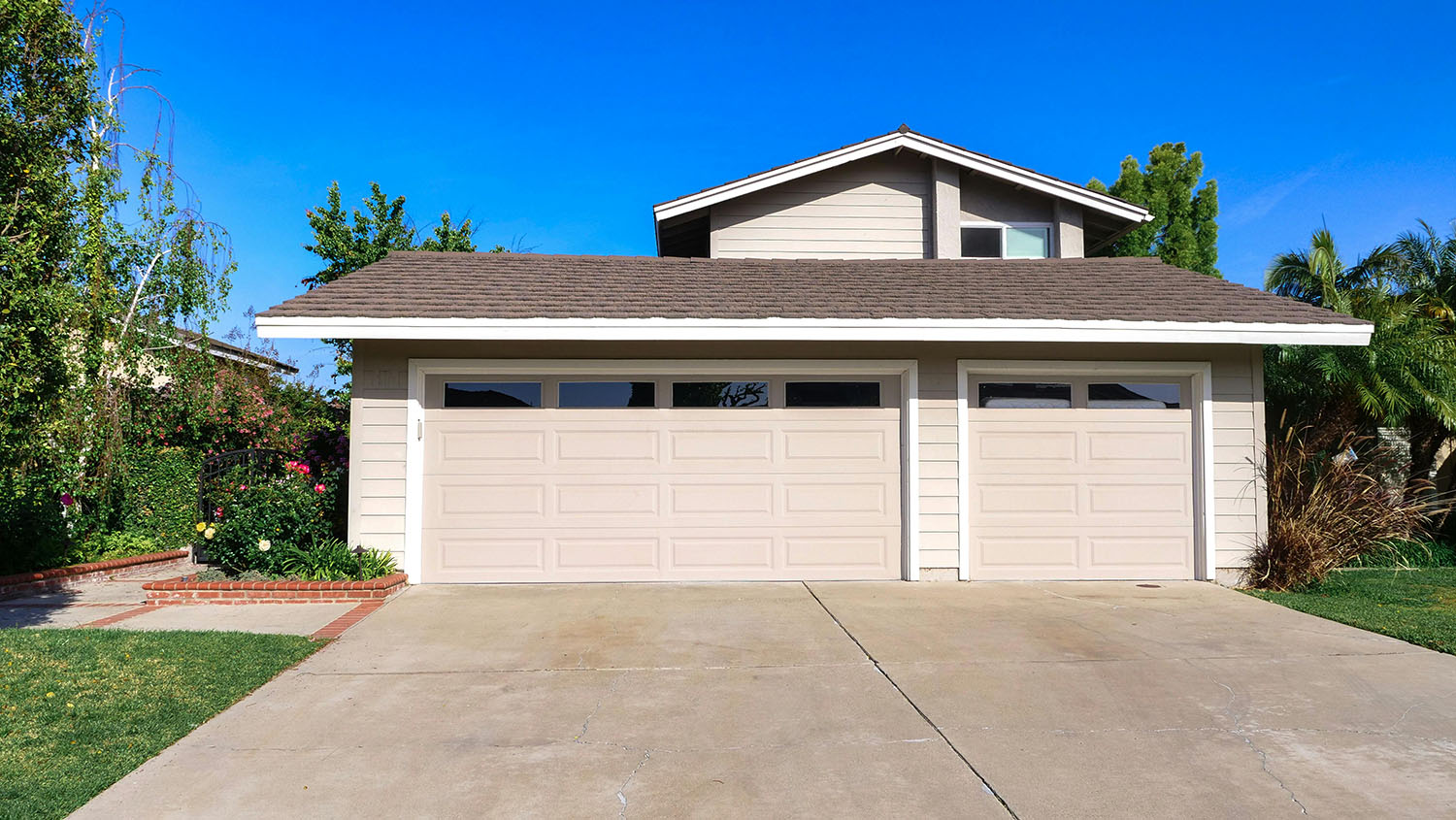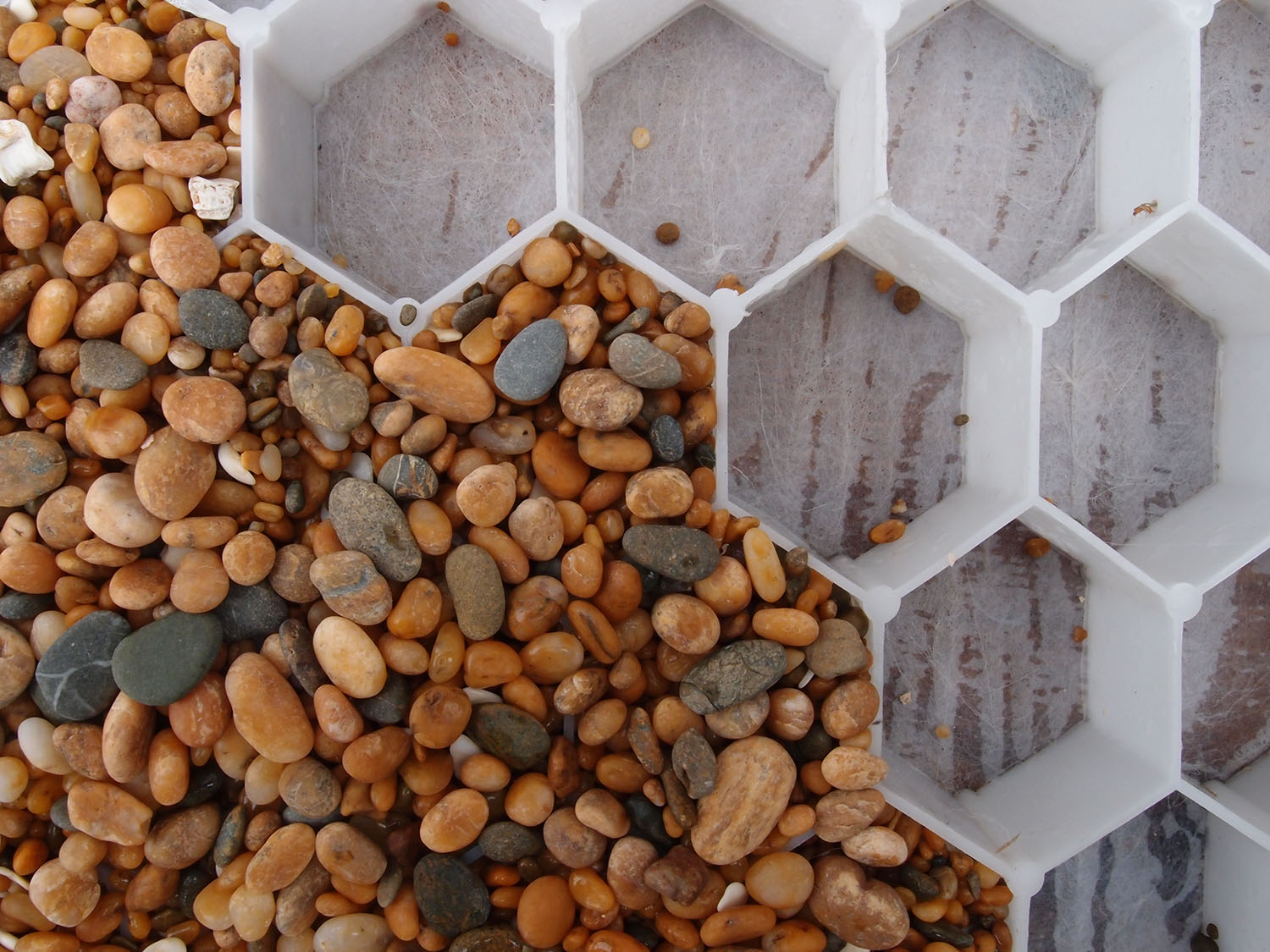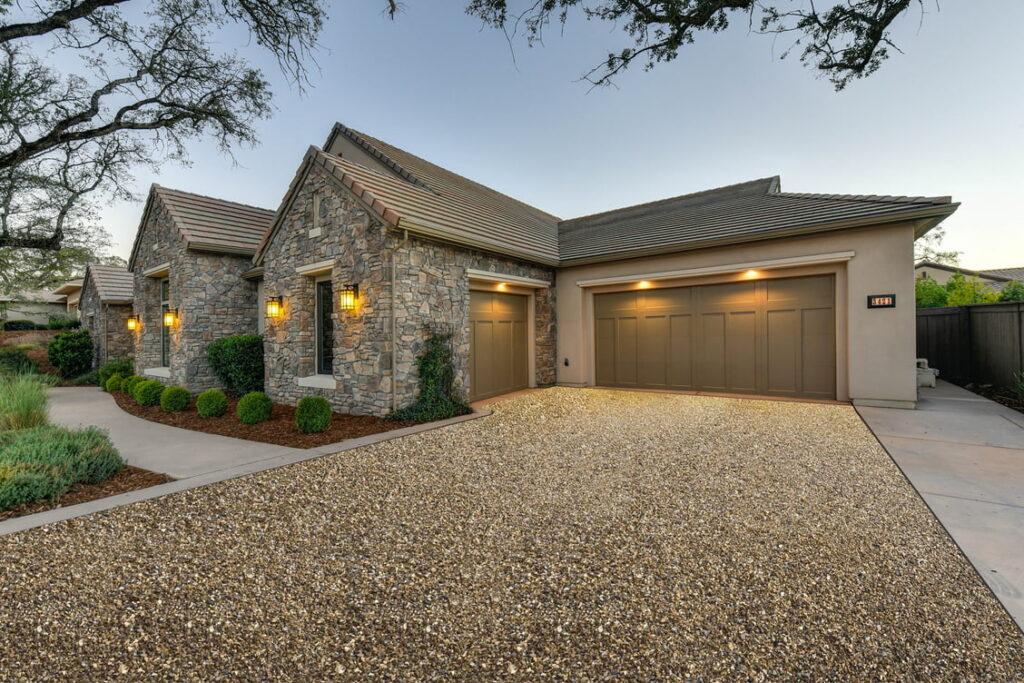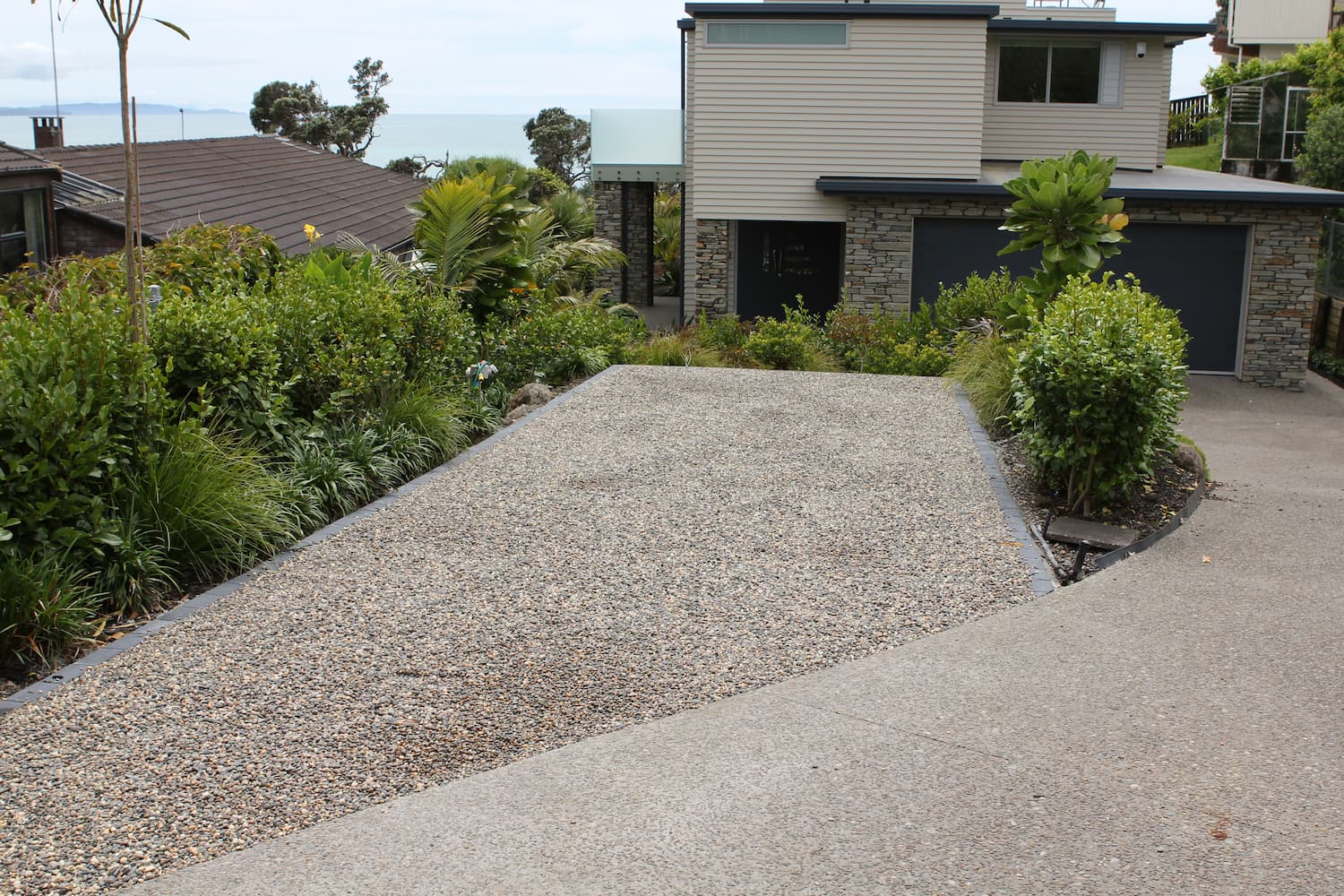Facebook
Twitter
LinkedIn
Pinterest
Reddit
WhatsApp
Why Permeable Paving is the Best Driveway Paving Choice
A well-paved driveway is essential for both functionality and aesthetics, providing a durable surface for vehicles while enhancing the overall look of your home. In New Zealand, homeowners and developers have a range of driveway paving options, from traditional hard surfaces like concrete and asphalt to more sustainable choices like permeable paving.
While conventional materials may seem like the default choice, permeable paving stands out as the superior option. It offers the same strength and durability while allowing water to drain through, reducing environmental impact and offering long-term benefits. This guide will explore all paving for driveways options available in New Zealand and explain why permeable paving is the ultimate solution for modern, eco-friendly homes.
Traditional Driveway Paving Options in New Zealand

Before we dive into the advantages of permeable paving, let’s look at the common options many Kiwis use for paving their driveways.
- Concrete Driveways
Concrete is one of the most popular materials for driveways due to its strength and longevity. It can last for decades with minimal maintenance and can be poured in various finishes, including exposed aggregate, stamped and plain.
- Pros:
- Highly durable and long-lasting
- Requires minimal maintenance
- Customizable with different textures and colours
- Cons:
- Impermeable, leading to water runoff issues
- Can crack over time, especially in seismic zones
- Contributes to the urban heat island effect (absorbs and retains heat)
- Asphalt Driveways
Asphalt is another common choice, offering a smooth, flexible, and cost-effective solution. It is especially popular in colder regions where freeze-thaw cycles can cause concrete to crack.
- Pros:
- Generally cheaper to install than concrete
- Can be driven on within 24–48 hours after paving
- Can be resurfaced and patched more easily than concrete
- Cons:
- Typically lasts 15–30 years, compared to concrete’s 30–50 years
- Needs sealing every few years and is more susceptible to potholes
- Can become sticky and rutted in high temperatures
- Absorbs and retains heat, contributing to the urban heat island effect
- Gravel or Pebbled Driveways (without permeable pavers)
Gravel and pebbled driveways are cost-effective and provide a natural paving aesthetic. Many homeowners opt for this option due to its rustic look and good drainage properties.
- Pros:
- Affordable and easy to install
- Provides a natural appearance
- Allows water to drain through, reducing runoff
- Cons:
- Requires regular raking and refilling
- Loose stones can shift and cause uneven surfaces
- Can be difficult for walking and parking
- Paver Driveways (Brick or Stone)
Brick or stone pavers add a premium look to driveway paving and offer versatility in design. They come in various colours and patterns, making them a stylish choice.
- Pros:
- Aesthetic and visually appealing
- Can be repaired by replacing individual pavers
- More permeable than concrete and asphalt (with gaps)
- Cons:
- Can be expensive to install
- Weeds can grow in gaps, requiring regular maintenance
- Can shift over time without a proper base
Permeable Paving: The Best Driveway Paving Option

While traditional paving for driveways is widely used, it comes with major environmental downsides, such as excessive water runoff, soil erosion and contribution to the urban heat island effect. This is where permeable paving outshines the rest.
Permeable paving is a natural paving solution that allows water to pass through its surface into the soil below. Unlike traditional hard surfaces, it functions just like a solid driveway while offering several sustainability and performance benefits.
Permeable pavers give direct support to porous materials while allowing rainwater to soak through into the ground. A permeable pavement consists of:
- A permeable surface (gravel, grassed or pebbled driveways)
- Permeable Pavers such as Natural Paving Pavers
- A base layer that stores and gradually releases water. This also incorporates a geotextile layer
- A subsoil drainage system that directs excess water when necessary
This design ensures effective water management while providing a durable surface for vehicles.
The Key Benefits of Permeable Paving for Driveways

- Eliminates Water Runoff Issues
With traditional driveways, rainwater cannot penetrate the surface, leading to pooling, flooding, and excessive runoff. This runoff often carries pollutants into waterways, harming the environment.
Permeable paving solves this by absorbing rainwater, filtering out contaminants, and reducing pressure on stormwater systems.
- Prevents Soil Erosion and Maintains Healthy Soil
In areas with heavy rainfall, impermeable driveways contribute to soil erosion by forcing water to run off instead of being absorbed. This depletes soil quality and can damage landscaping.
Permeable paving allows water to seep into the ground, keeping soil hydrated and preventing erosion.
- Reduces the Urban Heat Island Effect
Concrete and asphalt absorb and store heat, raising surrounding temperatures—this is known as the urban heat island effect.
Permeable paving, especially when designed with light-coloured materials, reduces heat absorption and keeps driveways cooler.
- Cleaner Stormwater Runoff
Unlike asphalt or concrete, permeable paving naturally filters pollutants before water enters the environment. As rain passes through, it removes debris, heavy metals, and chemicals that would otherwise contaminate rivers and lakes.
- Improved Water Management & Groundwater Recharge
New Zealand faces increasing water management challenges, particularly in urban areas. Permeable paving helps recharge groundwater by allowing water to filter into the soil instead of being lost to drains.
This supports local water tables and reduces the demand on public stormwater infrastructure, lowering flood risks.
- Lower Carbon Footprint
The production of concrete and asphalt releases high levels of CO₂ emissions. Choosing natural paving materials, such as recycled aggregates or stabilised gravel, significantly reduces environmental impact.
- Aesthetics
Natural Paving allows you to create a more organic feel to your environment. You can use different pebble colours to match the design style of your home, whether it’s the warm, rustic look of a grand estate or cool, clean colours for a more modern style.
Best Permeable Paving Solutions: Natural Paving

For Kiwis looking for a permeable paving solution that is durable, stylish, and environmentally friendly, Natural Paving is a great option.
Natural Paving pavers are designed to hold pebbles in place, making it perfect for pebbled pathways. It prevents stone movement while maintaining permeability, ensuring a smooth, stable surface that allows rainwater to drain through. Its strong interlocking design allows water to pass through while providing a solid base for vehicles.
- Keeps gravel in place, reducing maintenance
- Supports heavy vehicle loads
- Easy to install and eco-friendly
- Prevents sinking and rutting
- Made from 100% recycled materials
Natural Paving combines strength with sustainability, providing a permeable paving alternative that works in all conditions.
While concrete, asphalt, and traditional driveway paving remain common, they come with environmental drawbacks. Permeable paving offers the best of both worlds—strength and durability, combined with sustainability and improved water management.
For Kiwis looking to create a stylish, functional, and eco-conscious driveway, Natural Paving pavers are a great investment. They support the environment, protect against flooding, reduce maintenance and enhance property value, all while improving the appeal of your home
